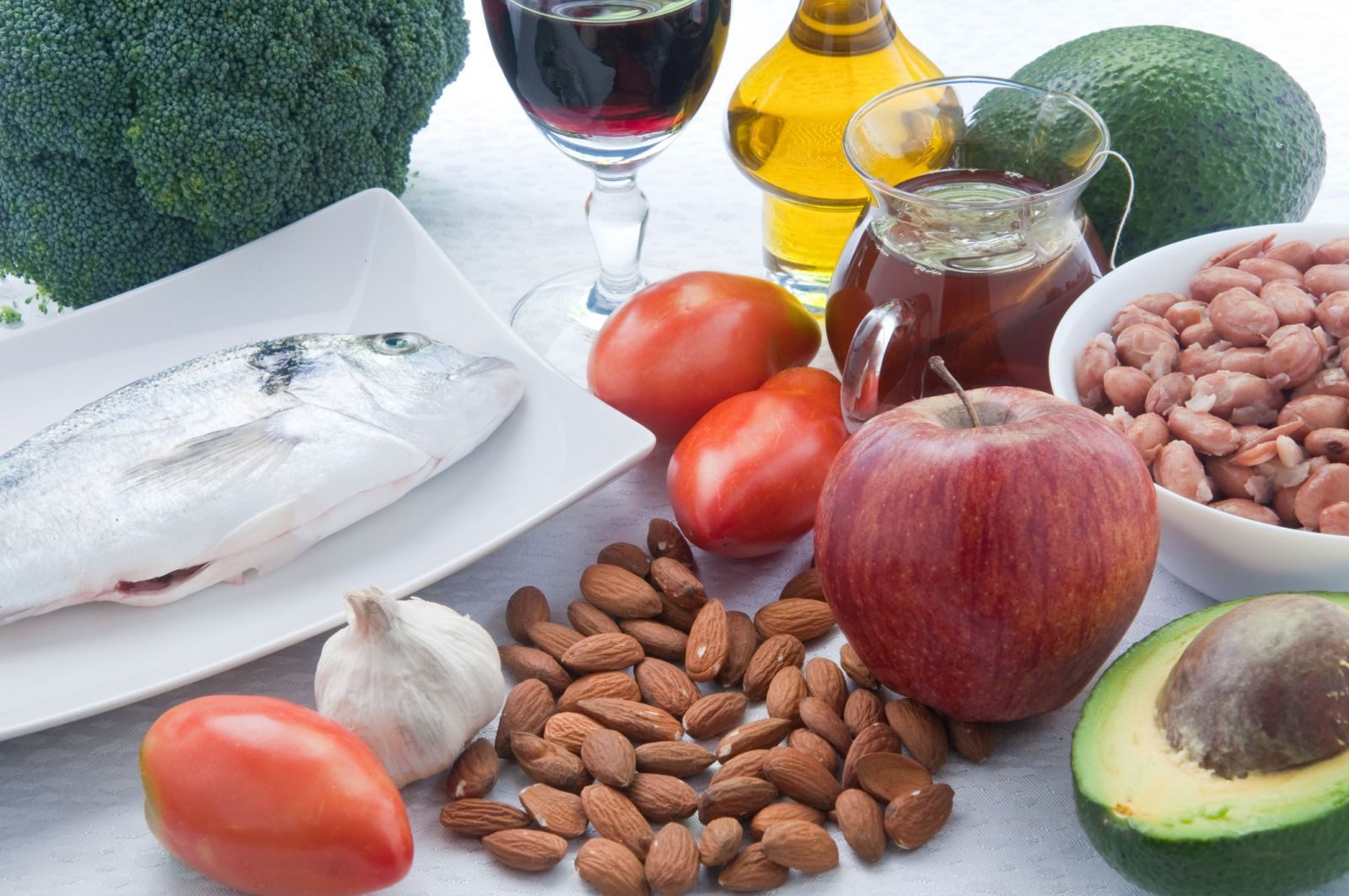Cholesterol is a type of fat that, when present in excessive amounts, can lead to multiple health problems. Fortunately, making some dietary changes can help lower your cholesterol levels, and this article presents ten foods that can aid in this regard. These foods include oats, fruits and vegetables, nuts, fish, legumes, avocado, whole grains, tea, olive oil, and dark chocolate. These foods are rich in fiber, healthy fats, protein, antioxidants, and other nutrients that can help reduce the absorption of cholesterol, lower inflammation, and prevent damage to the heart and blood vessels. Adding these foods to your diet can improve your cholesterol levels and overall health. However, it is important to consult a healthcare professional to discuss any dietary changes if you have a health condition.
10 Foods to Lower Your Cholesterol
Cholesterol is a type of fat found in animal-based foods such as meat, dairy products, and eggs. While it is essential for our body to function correctly, having too much of it can lead to various health problems such as heart disease, stroke, and obesity. Fortunately, making some dietary changes can help lower your cholesterol levels. Here are ten foods you can add to your diet to help get your cholesterol levels under control.
1. Oats
Oats are an excellent source of soluble fiber, which can help reduce the absorption of cholesterol in your bloodstream. Eating a bowl of oatmeal or adding oats to your smoothie or yogurt can help lower your LDL cholesterol levels.
2. Fruits and Vegetables
Fruits and vegetables are rich in vitamins, minerals, and fiber that help keep your cholesterol levels in check. They also contain antioxidants that can prevent damage to the heart and blood vessels. Adding a variety of colorful fruits and vegetables to your diet, such as berries, apples, oranges, broccoli, and spinach, can help lower your cholesterol levels and improve your overall health.
3. Nuts
Nuts such as almonds, walnuts, and pistachios are an excellent source of healthy fats, fiber, and protein that can help lower your cholesterol levels. They also contain plant sterols and stanols that can block the absorption of cholesterol in your gut.
4. Fish
Fish such as salmon, mackerel, and sardines are rich in omega-3 fatty acids, which can help lower your cholesterol levels and reduce inflammation in the body. Eating two servings of fish per week can help lower your risk of heart disease.
5. Legumes
Legumes such as beans, lentils, and chickpeas are an excellent source of lean protein, fiber, and other nutrients that can help lower your cholesterol levels. They are also low in saturated fat, making them a healthier option than red meat.
6. Avocado
Avocado is rich in monounsaturated fats, which can help lower your LDL cholesterol levels while increasing your HDL cholesterol levels. Eating avocado regularly can also help reduce inflammation in the body.
7. Whole Grains
Whole grains such as brown rice, quinoa, and whole-wheat bread are a great source of fiber and other heart-healthy nutrients that can help lower your cholesterol levels. Switching to whole-grain products instead of refined grains can help improve your cholesterol levels and reduce your risk of heart disease.
8. Tea
Tea, particularly green tea, is rich in antioxidants that can help prevent damage to the heart and blood vessels. Drinking green tea regularly can also help lower your LDL cholesterol levels and reduce your risk of heart disease.
9. Olive Oil
Olive oil is a great source of monounsaturated fats, which can help lower your LDL cholesterol levels while increasing your HDL cholesterol levels. It also contains antioxidants that can reduce inflammation in the body.
10. Dark Chocolate
Dark chocolate is rich in flavonoids, which can help lower your LDL cholesterol levels and reduce your risk of heart disease. Eating a small piece of dark chocolate daily can help improve your cholesterol levels while satisfying your sweet tooth.
Conclusion
Adding these ten foods to your diet can help lower your cholesterol levels and improve your overall health. Remember to eat a variety of foods in moderation and combine them with regular physical activity for best results. Consult a healthcare professional to discuss any dietary changes if you have a health condition.
